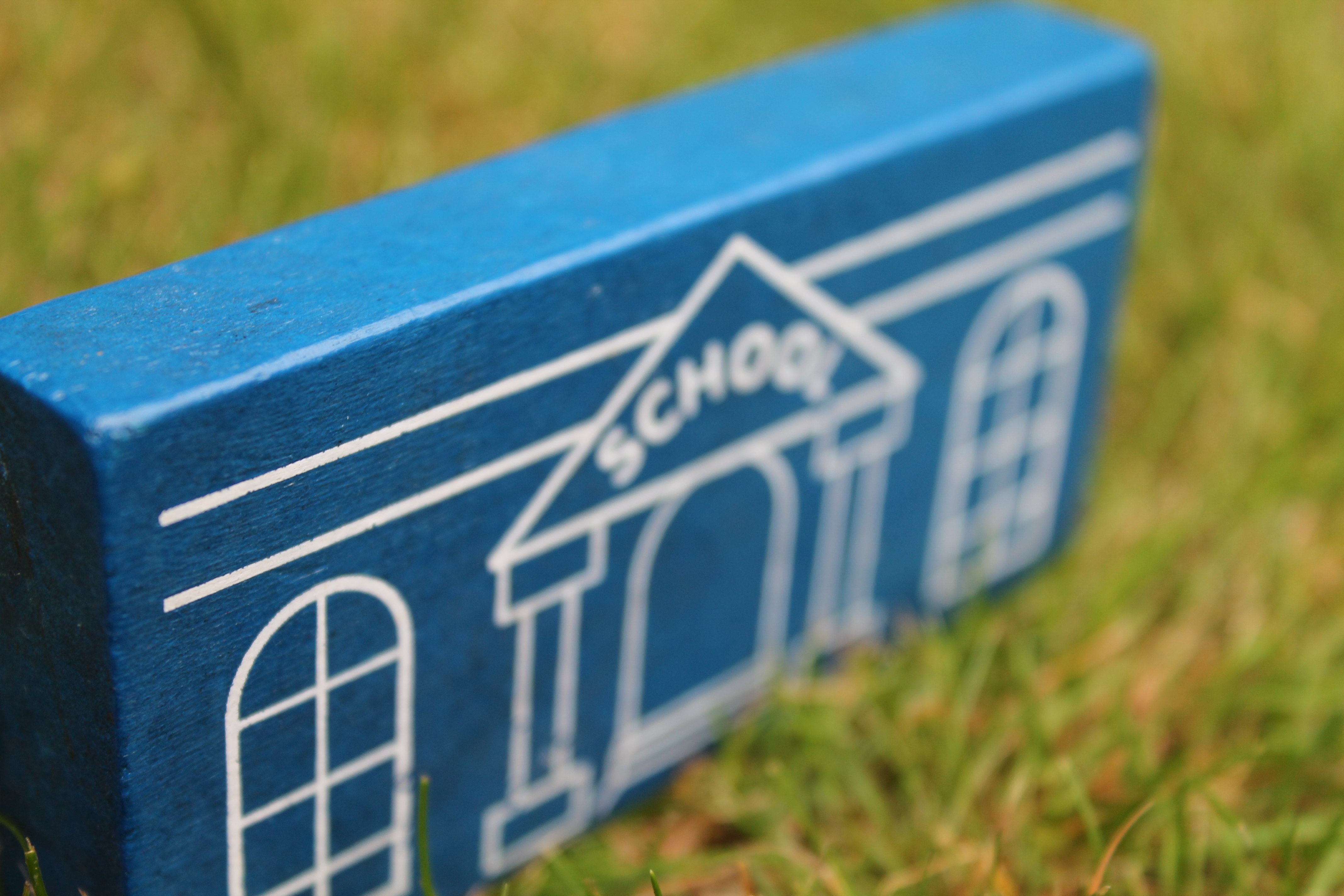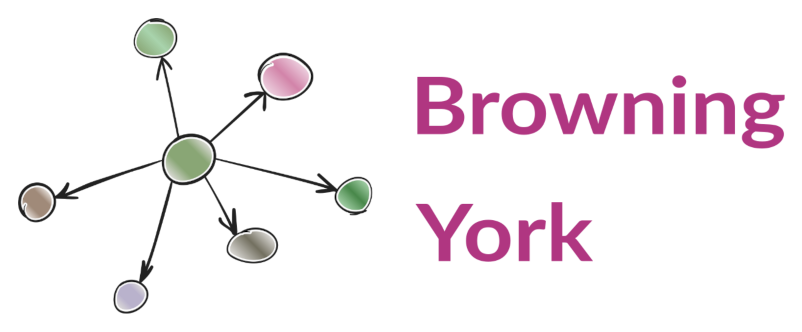 Every year, at about this point in the Spring term, my daughter’s school hosts a ‘Sharing Day’, where parents get to come into the classroom to share a lesson with their children. So today I found myself sitting on a small chair at a small table, surrounded by a gaggle of 5- and 6-year-olds making chicks in a nest out of paper plates, cardboard and feathers. By the end of the 30 minutes, not only did I have even more admiration for the teachers than I already had (how do they cope with the constant noise? The on-going random questions? The sheer, un-dimmed exuberance? Actually, that last bit would be kind of fun, much more appealing than an office full of cynics), but I also found myself pondering the process of education.
Every year, at about this point in the Spring term, my daughter’s school hosts a ‘Sharing Day’, where parents get to come into the classroom to share a lesson with their children. So today I found myself sitting on a small chair at a small table, surrounded by a gaggle of 5- and 6-year-olds making chicks in a nest out of paper plates, cardboard and feathers. By the end of the 30 minutes, not only did I have even more admiration for the teachers than I already had (how do they cope with the constant noise? The on-going random questions? The sheer, un-dimmed exuberance? Actually, that last bit would be kind of fun, much more appealing than an office full of cynics), but I also found myself pondering the process of education.
It probably won’t surprise you to know that I think there are similarities between the process of education and communication! Having a daughter at primary school and working a lot with universities and educators means that I have experience of education at varying levels. And although I know there are lots of differences between the two levels, I also think that there are some basics that are common to teaching and educating, whatever the level.
So, what are the similarities that I see between education and communication?
1. To be truly effective, teachers and lecturers have to understand their class. They need to know what interests and motivates them, what their attention span is like, what they already know – no point banging on about a boring subject for hours, especially if their pupils already covered it last term. In the same way, truly effective communicators need to understand their audience’s likes, motivations and prior knowledge. In both cases we are often talking about large groups to understand – it’s impressive that skilled teachers and skilled communicators can gain the necessary understanding for a mixed group.
2. An important aspect of this understanding is to pitch lessons at the right level. There is little point in a Year 1 teacher discussing advanced maths problems with a class who haven’t yet learnt their times tables; a university lecturer will not be successful with their students if they pitch the session to 12-year-olds. Effective communications are also carefully pitched, meeting the level of knowledge of the audience and using appropriate language.
3. Messages in effective lessons must be really clear. Where the subject is complex, the teacher needs to find ways to clearly cover it so that their students or pupils can grasp the topic. Effective communicators also often need to find ways to cover complex topics in easy-to-follow ways. It’s not a coincidence that many communications jobs give the ability to simply convey complex messages as a key requirement.
4. Effective teachers vary their methods of teaching. For example, sometimes they will use group activities, sometimes seminars, sometimes independent, individual learning. They will choose the best method for their students, their topic and the point in the curriculum. This mirrors communicators selecting the most appropriate channel for their audience, message and point in their communications campaign.
5. Effective teachers seek and listen to feedback from their pupils. They check in to make sure their class are learning. In my daughter’s class today, the teacher and children had been discussing Spring flowers earlier in the lesson. A little while later, Miss D asked them to give her the names of the flowers they had been talking about to see who had remembered what. In the same way, effective communicators need to regularly check that messages have been received and understood.
I’m sure that teachers and communicators alike will have opinions on whether these similarities ring true or if I’ve missed the point – please use the comments section below to let me know what you think.
I’d like to end with a sincere thank you to my daughter’s teacher, Miss D, and all teachers everywhere. You do a fantastic, difficult and highly-skilled job and I salute you. (I also think communicators are pretty cool as well!)
Until next time
Sarah
